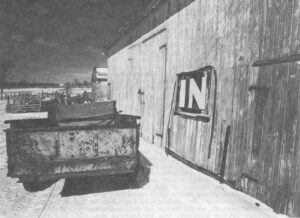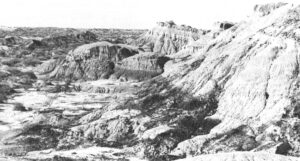Articles
Categories
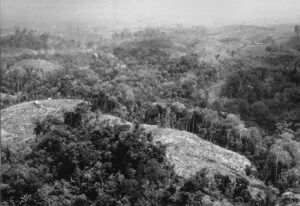
The Lure of a Criminal Cash Crop
TINGO MARIA, Peru. – On her farm in a hollow in Peru’s high jungle, one woman’s pride are her tropical fruit trees. But she acknowledges that fruit doesn’t bring in money in. Nor does the coffee and cacao she and her husband grow.
Is the Government Losing its Memory?
Note: This article contained pictures that were copyrighted and could not be published on this Web page. Captions for those pictures appear in italics. Scholars of antiquity and the Middle Ages often complain of insufficient information with which to piece together the historical
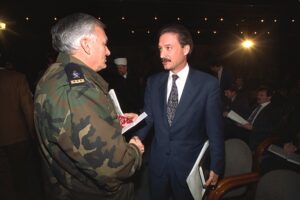
Dining with the Devil: America’s ‘Tacit Cooperation’ with Iran in Arming the Bosnians
The directive from the U.S. ambassador to Croatia set off alarm bells at the CIA. Peter Galbraith wanted his station chief to confirm for Croatian intelligence that the United States did not object to Iran establishing an arms pipeline to the Muslim-led government
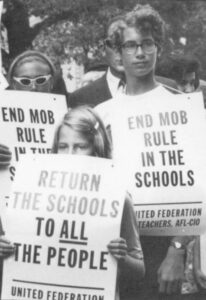
McGeorge Bundy: How the Establishment’s Man Tackled America’s Problem with Race
McGeorge Bundy hardly guessed how long a journey he was beginning when he traveled to Philadelphia in August 1966 to address the annual banquet of the National Urban League. After drinks and dinner in the formal hotel ballroom, the new president of the
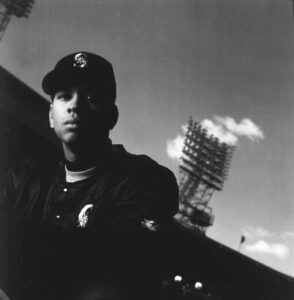
The Imports
By Marcos Bretón with photos by José Luis Villegas There was a time when America’s game was played by only three kinds of people: White Americans, black Americans and Latins. American-born, but of Dominican ancestry, Alex Rodriguez is a shortstop for the Seattle
Hear No Evil, See No Evil: Early U.S. Policy in Yugoslavia
Note: This article contained pictures that were copyrighted and could not be published on this Web page. The small group of American diplomats were gathered in the secure room of the U.S. Embassy in Belgrade, debating what was holding Yugoslavia together and what
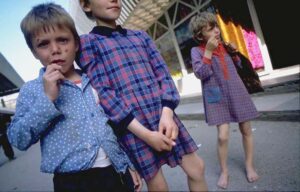
Report From Tajikistan
Story by Andrew Meier with photos by Mia Foster TAJIKISTAN – It had been a lovely afternoon drive through the mountain passes of this small Central Asian state. As we made our way along the craggy reaches of northeastern Tajikistan, the greatest threat
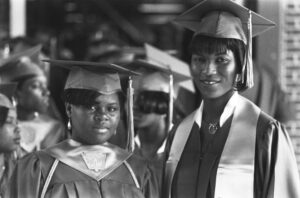
Mississippi Misery: Residents Can’t Cash in if They Can’t Read
TUNICA, Miss. – Graduation at Rosa Fort High School here is one of the biggest social occasions of the year. It is usually held on the last Sunday in May, and this year, the Class of ’96 went forth at precisely 5 p.m.,
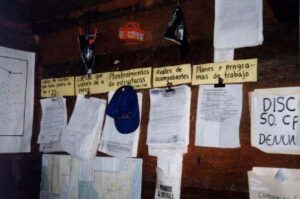
The Mayan Apparatchiks
When the Guatemalan president-elect Alvaro Arzú promised on January 7 that his government “will be one of total and absolute respect for human rights,” the announcement had a novel ring to it that on second thought was rather chilling. Mr. Arzú led his
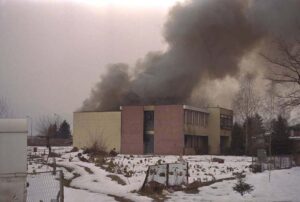
Pitfalls of Peace in Bosnia
The woman piled her books and magazines on the grass in front of her apartment building in the Sarajevo suburb and set them alight. In the crazy logic of her world-turned-upside-down, this meant Serb thugs wouldn’t need to torch her apartment, as they
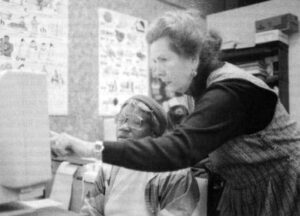
Gamblers’ Needs Focus a Town on its Reading Failures
TUNICA, MS. June, 1996 – A teacher stands before a blackboard in an otherwise barren room. Eleven faces stare back passively. Most are in their twenties, a few in their forties. They are newly hired cashiers at the Sheraton Casino. On Monday, they
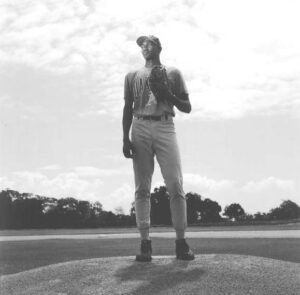
The Dream: Trying to Make it in the Major Leagues
By Marcos Bretón with photos by José Luis Villegas La Victoria, Dominican Republic – It is after dark on a humid and still March night – the last night before 11 young men would fly to America on a trip that could forever
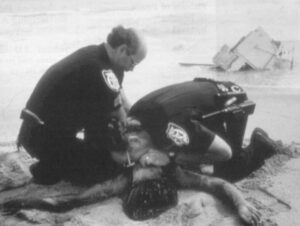
Delray Beach, Florida: Little Haiti’s Little Sister
Note: Many of the Pictures used in the original APF Reporter issue are copyrighted and could not be used in the web eddition Daniella Henry remembers her first visit to Delray Beach. Driving up from Miami one night in 1990, she exited brightly-lit
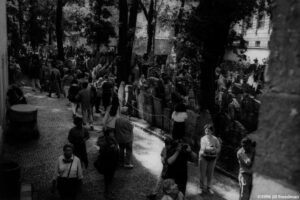
Traces of the Past
Text and photos by Jill Freedman APF fellow Jill Freedman traveled to eastern Europe to document the remnants of Jewish life in Hungary, Poland and Czechoslovakia. These residents of the Jewish home for the aged in Szeged, Hungary listen during a concert of
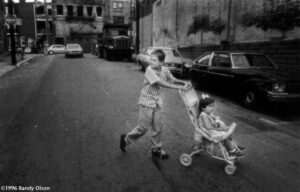
The Others who Suffer from AIDS
Here is the dream that kept coming back to Corey Whitman in the fall of 1991, a few weeks after he turned eleven: He and his parents and his four brothers and sisters are camping out in the woods in a motorhome, a
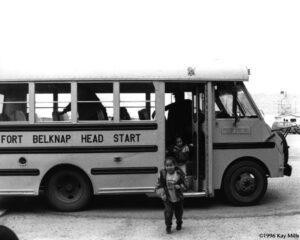
Indian Head Start: Restoring a Culture
HARLEM, Montana – Winston Morin pulls the Head Start bus up to a pink quonset-hut classroom at the Fort Belknap Agency and joshes with teacher Barbara Long Knife as she climbs aboard for the late-morning ride. The two-way radio hanging above Morin’s left

Head Start: Helping Alabama’s Poor Survive
Question: Which of these activities involves Head Start? A woman sets as her goal obtaining a commercial bus driver’s license, succeeds, and then aims at a new target- taking the test for her high school equivalency diploma. A child sees commitment to service
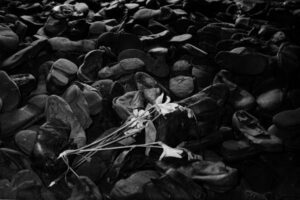
The Reproachful Voices of the Dead
Text and photos by Jill Freedman A child at the Holocaust Memorial in Miami Beach touches the face of a child. At least one and one-half million Jewish children were murdered in the Holocaust. The German and their henchmen were brutal, throwing children
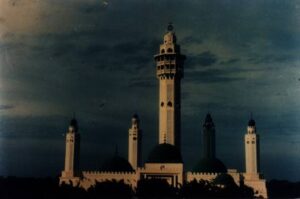
Profiting from One’s Prayers
When prayers end, commerce begins. It’s an inevitable consequence when you are part of a sea of worshippers flowing from West Africa’s holiest shrine. This is the only known photo of Cheikh Ahmadou Bamba, the founder of Senegal’s Mouride Brotherhood. It was taken
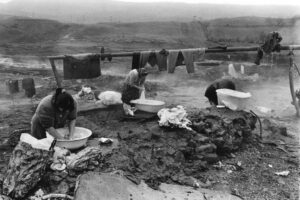
Chechnya Update
As dusk falls on the Chechen capital, Grozny, in southern Russia, the sounds of dogs barking, neighbors chatting, and the theme song to a popular Brazilian soap opera mix with the sounds of automatic gunfire and distant explosions. But the conversations continue, soup
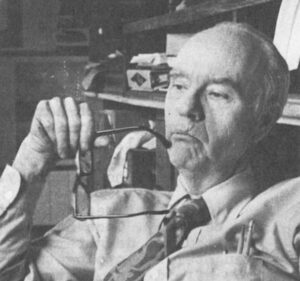
Conversations with Jim Comstock
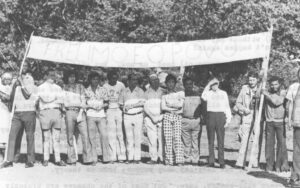
White Faces in a Black Crowd: Will They Stay?
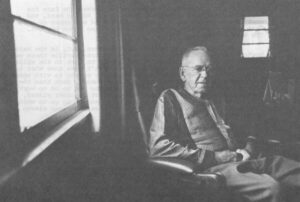
Leisure Years
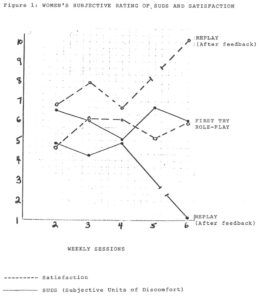
Federal Money for Energy Research and Development
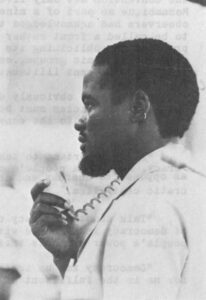
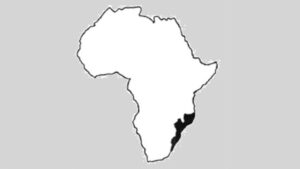
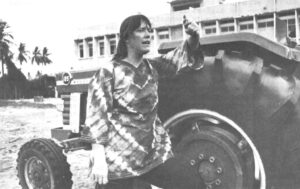
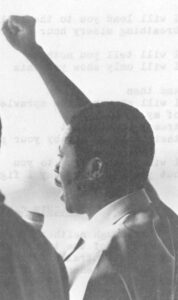
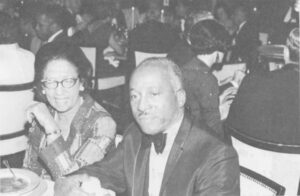
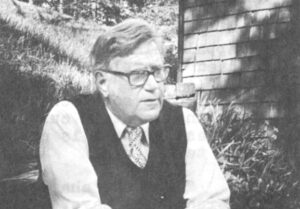
Conversations with Jesse Stuart
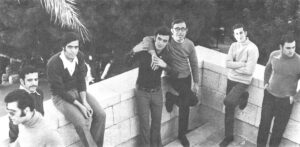

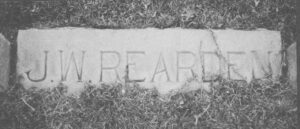
Loyalty
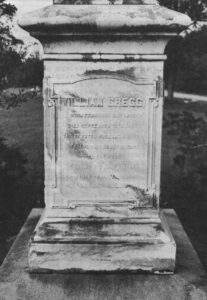
Ghosts
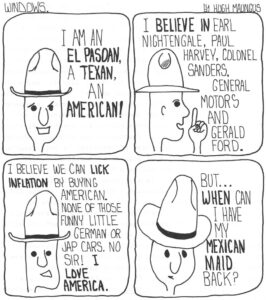
Presidential Politics in the Oil Capital of the Nation
Stripper Operators: The Low Rung of the Oilmen’s Ladder
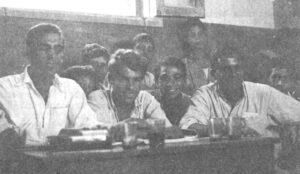
Talking to the Fellahin
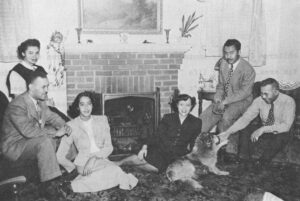
A Family Album
Coal and the Environment: Does the Industry Really Care?
“Vox Pop” on a Theory in Labor (IV)
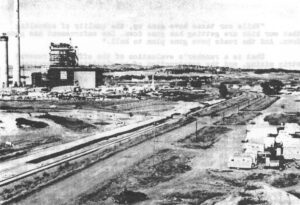
Colstrip: Effects of the Boom
“Vox Pop” on a Theory in Labor (III)
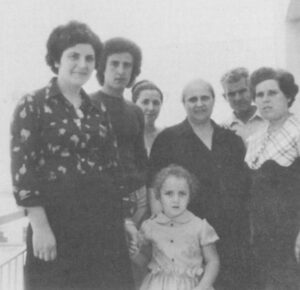
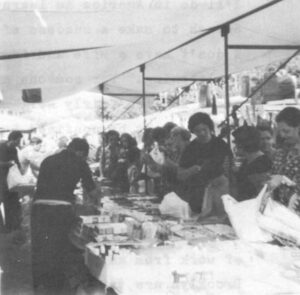
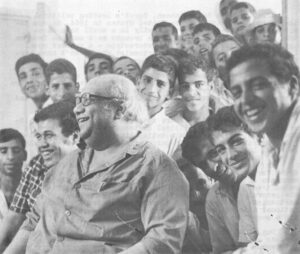
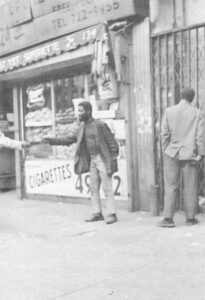
Notes On The Black Middle Class

Progress In Sarpy Creek: Strip Mines Make Bad Neighbors
“Vox Pop” on a Theory in Labor (II)
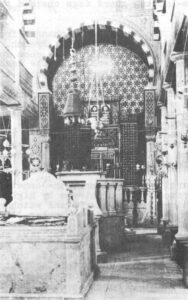
The Jews of Egypt
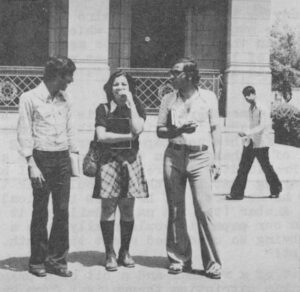
Students in Egypt After the October War
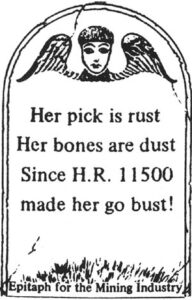
Stripping The West: A Social Contract for Mining
“Vox Pop” on a Theory in Labor (I)
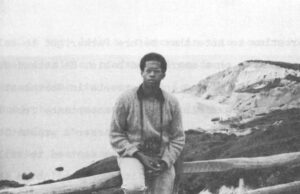
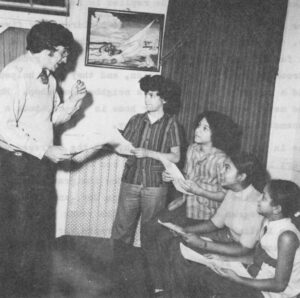
Immigrants And Schools (Part II)
A Success Story
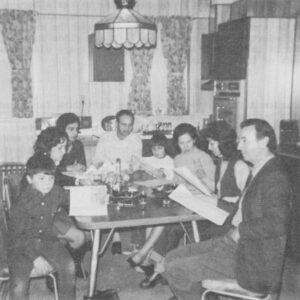
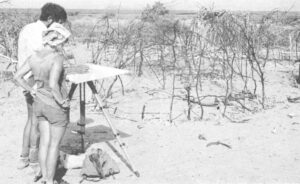
Richard Leakey’s East Rudolf: Desolate Graveyard of Early Man
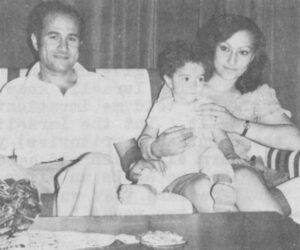
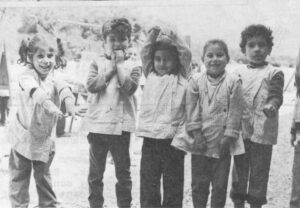
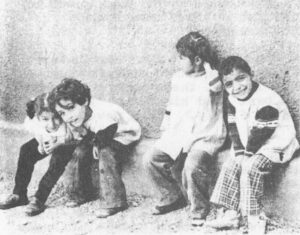
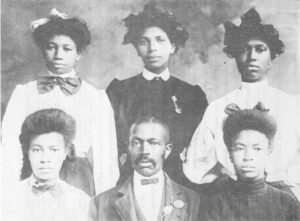
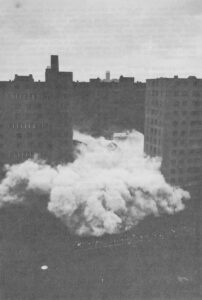
The Predictable Mid-Life Couple Crisis
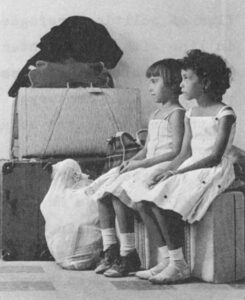
The Cubans
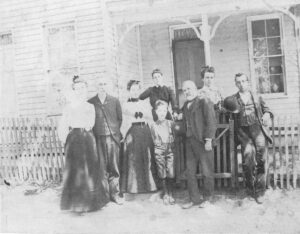
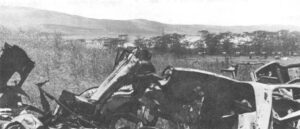
American-Style Pollution Comes to Kenya
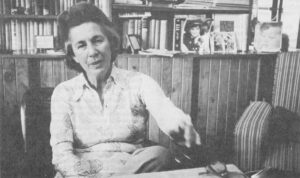
Immigrant Women
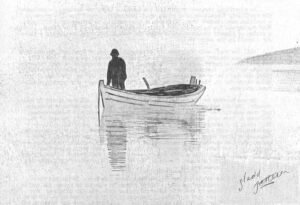
Down and Out on $70,000 a Year
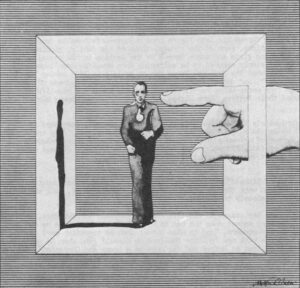
Where Have I Been?
Where Am I?
Where Am I Going?

The Killer Ape is Dead
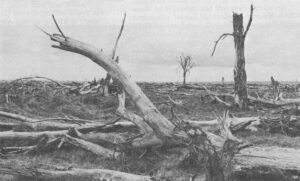
Nature ‘Spoils’ a Wildlife Paradise
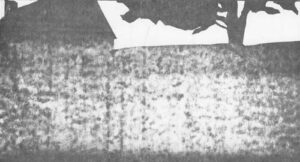
New Burlington, Ohio: A Country Diary
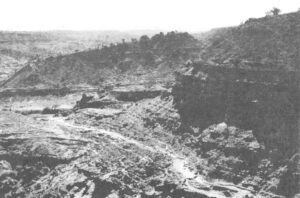
Olduvai Gorge: Showcase of Early Man’s Technology
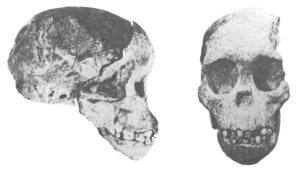
The Mysterious Fossil Mines of South Africa
